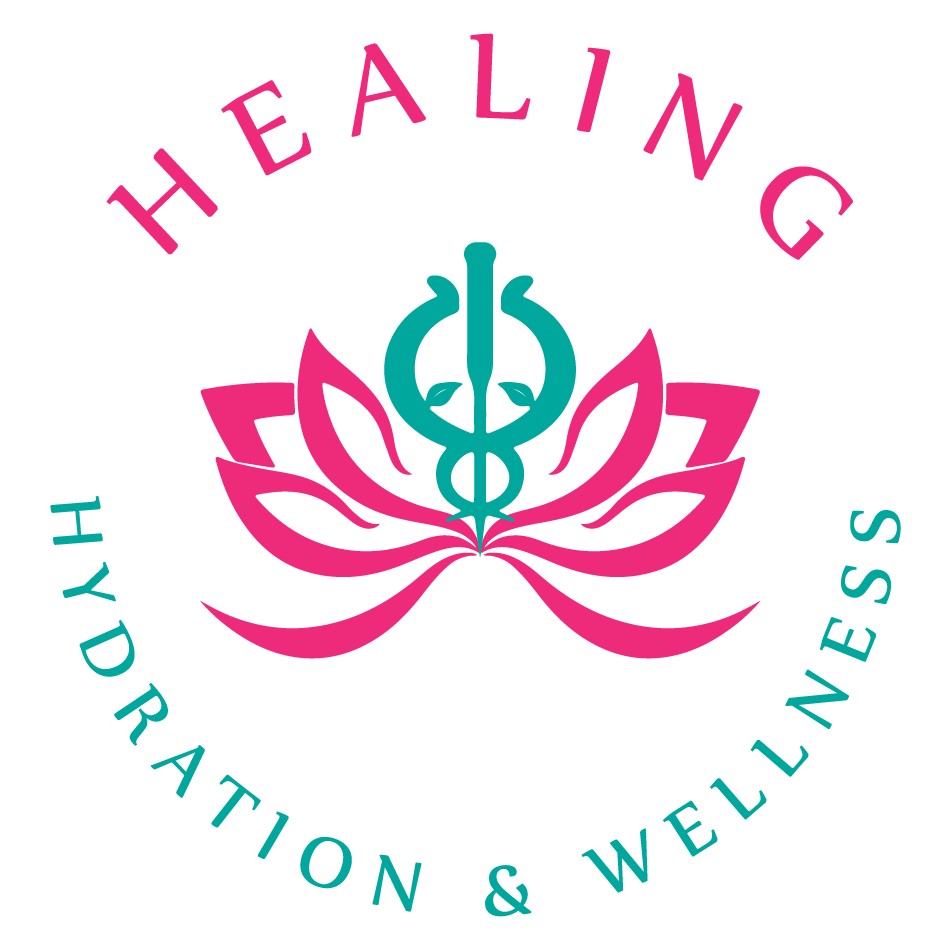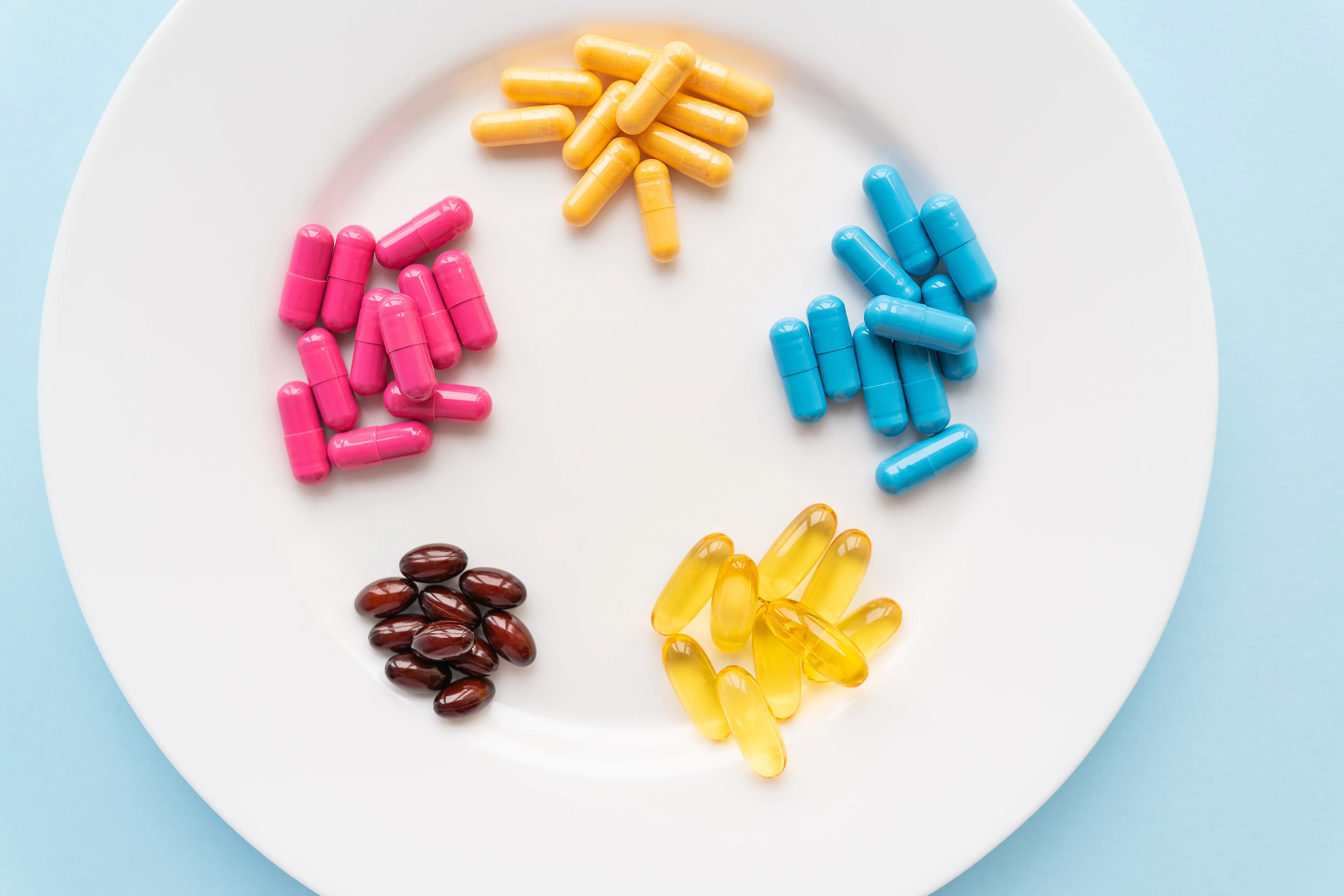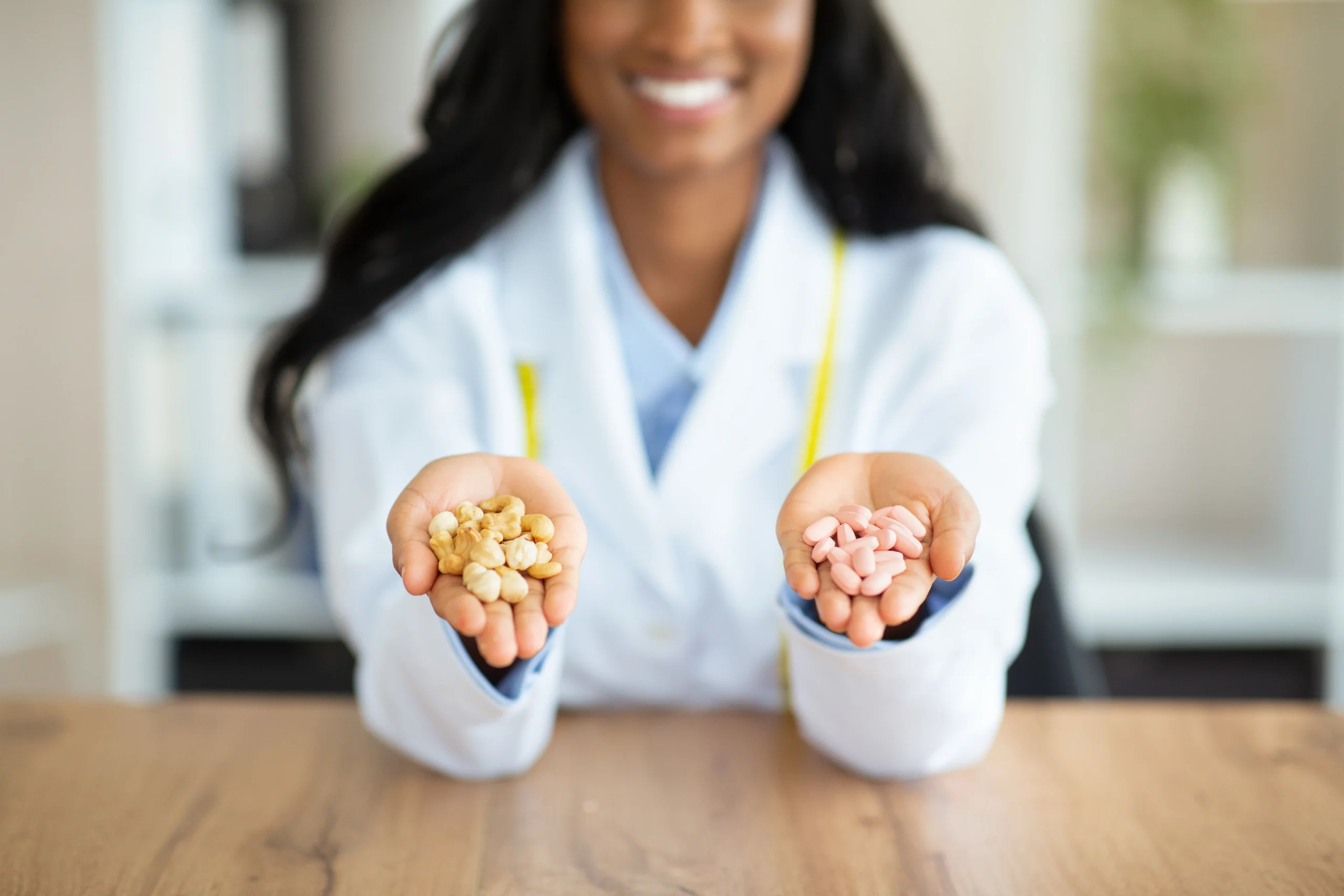Staying hydrated is one of the most crucial aspects of maintaining health and promoting healing, especially when you’re recovering from an illness or injury. The body is made up of approximately 60% water, and each system in the body relies on proper hydration to function optimally. When it comes to recovery, especially in the case of illness, physical exertion, or after surgery, the process of hydration becomes even more critical. If you’re wondering how to hydrate quickly and effectively, this guide will provide you with essential information on how to replenish your body’s water balance efficiently.
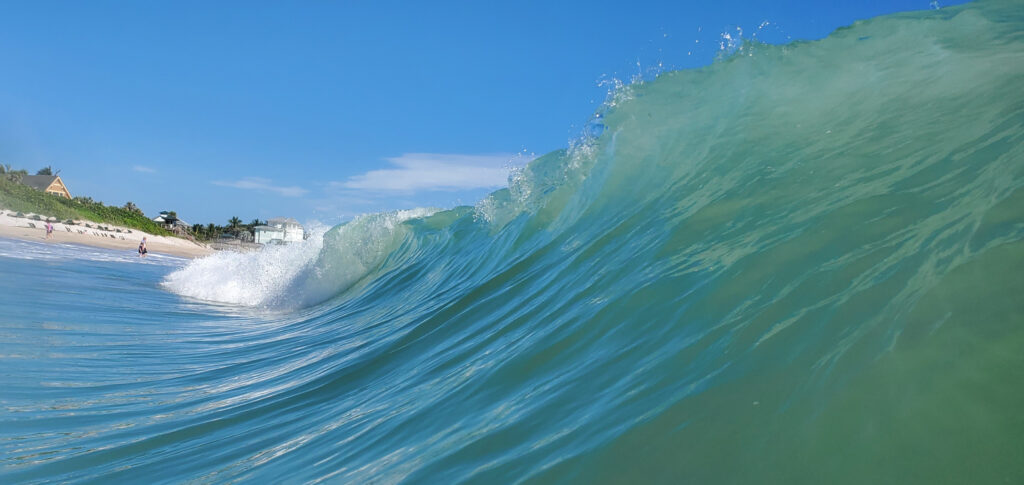
Understanding Hydration and the Body’s Needs
Hydration is more than just drinking water. It involves maintaining the right balance of fluids, electrolytes, and nutrients within the body. This balance is vital for cellular function, temperature regulation, digestion, and the healing process. When you’re dehydrated, your body’s systems struggle to function, leading to a range of symptoms, from fatigue and dizziness to more severe complications like kidney damage and electrolyte imbalances. This is why maintaining optimal hydration is so crucial, especially during the recovery phase.
Water alone isn’t always enough. The body loses water through sweat, urine, and even breathing. During physical activity or when you’re sick, these losses increase, which can quickly lead to dehydration if not replenished. Electrolytes such as sodium, potassium, and magnesium are lost in these fluids, and they must be replaced for the body to recover quickly and function properly. This is where effective hydration strategies come in.
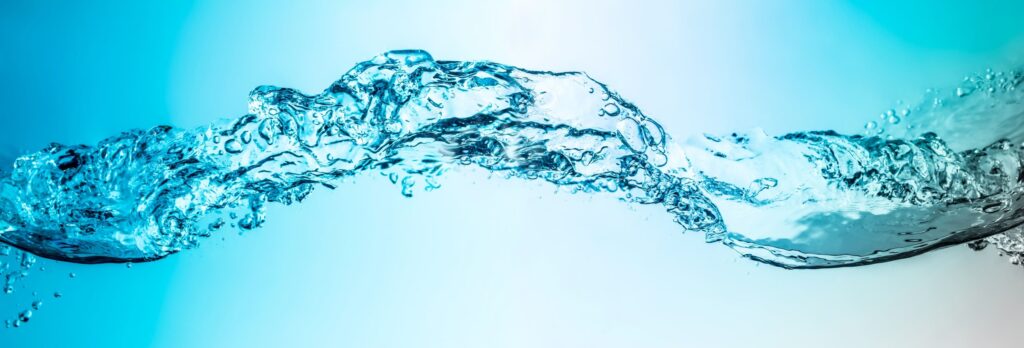
Why Hydrating Fast is Important for Healing
When you’re healing from an injury, illness, or surgery, your body requires an abundance of nutrients, water, and electrolytes to rebuild tissues, fight off infection, and restore normal bodily functions. Being adequately hydrated ensures your cells receive the fluids they need to function and repair. Additionally, hydration plays a pivotal role in maintaining circulation, which helps deliver vital nutrients to injured areas and speeds up recovery. Dehydration, on the other hand, can slow down healing, increase inflammation, and contribute to feelings of fatigue and discomfort.
Drinking water regularly throughout the day is essential, but there are situations when you need to hydrate quickly. Whether you’re recovering from a bout of sickness like the flu, experiencing intense physical exertion, or healing from an injury, fast hydration can help restore your body’s equilibrium and accelerate recovery. Knowing the best ways to hydrate and the fluids your body needs to recover will ensure you get back to your best as soon as possible.
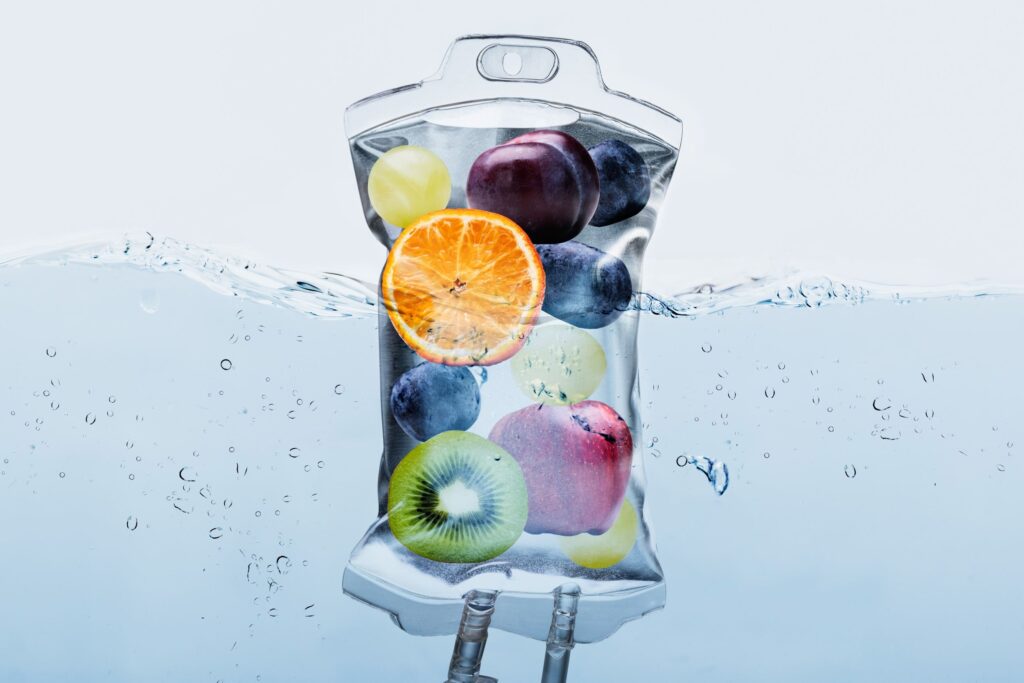
Tips for Hydrating Fast and Effectively
To hydrate quickly and efficiently, it’s essential to focus on both the type and timing of fluids consumed. Some methods of hydration are faster and more effective than others, especially when you’re in a state of dehydration. Here are some effective strategies for hydrating fast:
1. Drink Water Consistently
When you’re dehydrated or need to hydrate fast, drinking water is the most obvious and straightforward method. However, simply drinking water in large amounts at once may not always be the most effective. Hydration is most beneficial when spread throughout the day. Consistently sipping water allows your body to absorb the fluids and make use of the hydration efficiently.
For quick hydration, try drinking water in smaller amounts at more frequent intervals. This allows for better absorption, especially if you’re dehydrated and your body is struggling to absorb large quantities all at once. Make sure to keep a water bottle handy so you can continue drinking throughout the day.
2. Electrolyte Solutions and Sports Drinks
When your body needs fast hydration, especially after intense activity, illness, or when you’re overheated, it’s important to replace lost electrolytes along with water. Electrolytes, including sodium, potassium, magnesium, and calcium, are critical for maintaining cellular function, muscle contractions, and nerve signaling. During dehydration, electrolyte levels drop, and replenishing these minerals becomes crucial for a quick recovery.
Sports drinks are designed to rehydrate the body by providing a balance of water and electrolytes. However, many commercial sports drinks contain high amounts of sugar, which can offset the benefits. Opting for low-sugar electrolyte solutions or electrolyte powders is often a better choice when you’re aiming for fast, effective hydration without unnecessary added sugars.
3. Coconut Water
Coconut water is a natural source of hydration, rich in electrolytes and low in sugar. It provides an excellent alternative to traditional sports drinks. With potassium levels that are typically higher than that of bananas, coconut water helps restore fluid balance and encourages quick rehydration. It also contains sodium, magnesium, and calcium, further supporting electrolyte replenishment. If you’re looking for a natural, refreshing way to hydrate quickly, coconut water can be a great option.

4. Hydrating Foods
Certain foods have a high water content and can aid in hydration, offering additional nutrients that contribute to the healing process. Fresh fruits and vegetables such as cucumbers, watermelon, oranges, and strawberries are packed with water and can be a great way to hydrate quickly. Consuming these hydrating foods not only helps replenish fluids but also provides antioxidants, vitamins, and minerals that support healing.
For example, watermelon has a water content of around 92%, while cucumbers are made up of approximately 96% water. These foods can be incorporated into your diet as part of a fast hydration strategy, offering relief to your dehydrated body while also nourishing it with essential nutrients.
5. Oral Rehydration Solutions (ORS)
Oral rehydration solutions (ORS) are designed specifically for situations where quick rehydration is essential. These solutions combine water, electrolytes, and a small amount of sugar, making them incredibly effective at restoring fluid balance rapidly. ORS solutions are commonly used in medical settings for patients who have experienced severe dehydration due to illness or heat exhaustion. If you’re struggling to hydrate quickly, an ORS drink is one of the most efficient ways to ensure you’re replenishing both your water and electrolyte levels.
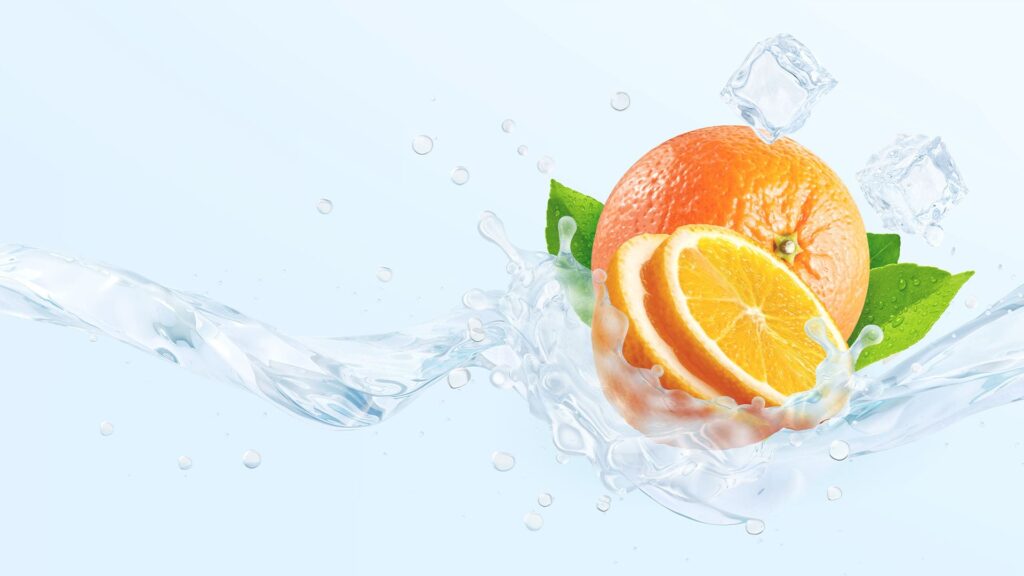
6. IV Hydration Therapy
In some cases, especially when you’re severely dehydrated, oral hydration may not be enough. In such instances, IV hydration therapy can provide a direct and immediate influx of fluids and electrolytes into your bloodstream, bypassing the digestive system for quick absorption. This method of hydration is particularly useful in medical settings, especially when dealing with dehydration due to illness or surgery recovery.
For individuals who are healing from major surgery or fighting an infection, IV hydration therapy can jump-start the recovery process by ensuring the body’s vital systems are properly hydrated from the outset. Many wellness clinics and hospitals offer IV hydration treatments as a means of helping individuals recover faster and more effectively.
7. Avoid Caffeine and Alcohol
While it’s important to hydrate, it’s equally important to avoid substances that can dehydrate you further. Both caffeine and alcohol act as diuretics, causing your body to lose more water than it absorbs. When you’re working to hydrate quickly, it’s best to avoid these drinks, as they may counteract your hydration efforts and make the recovery process longer.

Maintaining Long-Term Hydration for Ongoing Health
While hydrating quickly is important for healing, it’s also essential to maintain proper hydration in the long term. Consistently drinking water throughout the day, including water-rich foods, and replenishing electrolytes after intense physical activity can help ensure you stay well-hydrated. Keeping track of your hydration habits, especially during periods of illness or recovery, will contribute to ongoing health and well-being.
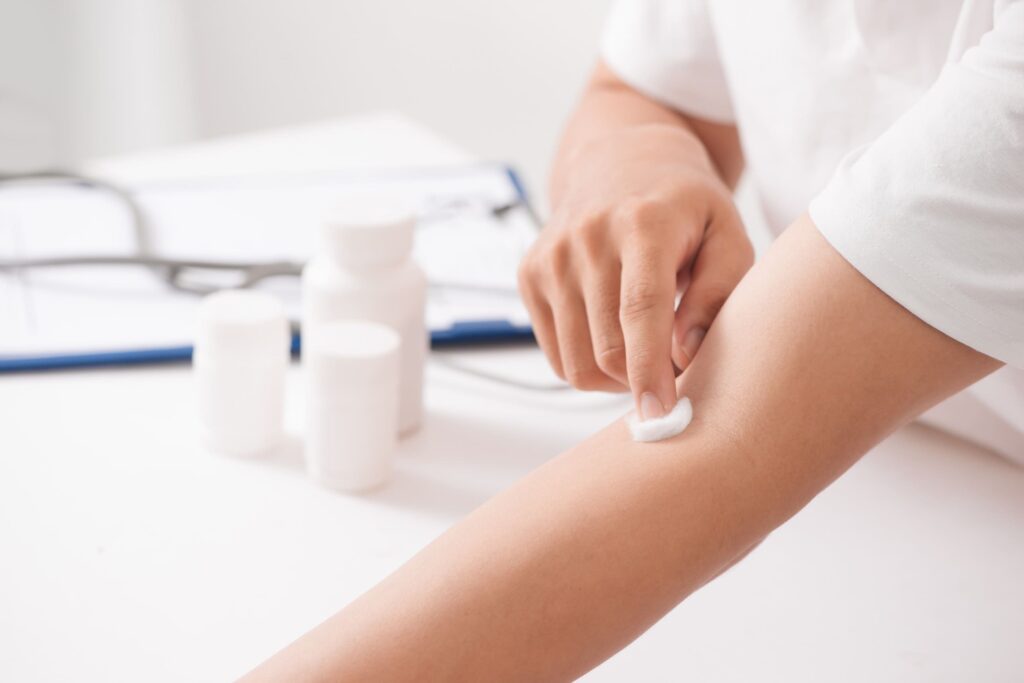
Conclusion: Hydrate for Optimal Healing
Hydration is key to supporting your body’s natural healing process. Whether you’re recovering from an illness, injury, or surgery, the right hydration strategy can have a profound impact on your recovery time and overall well-being. By focusing on consistent hydration, incorporating electrolyte solutions, and opting for hydration-rich foods, you can help your body replenish the fluids it needs to function at its best. Remember, proper hydration supports every system in the body, from cellular repair to immune function.
With these hydration tips, you’ll be well on your way to a faster recovery, stronger immune system, and better overall health.
